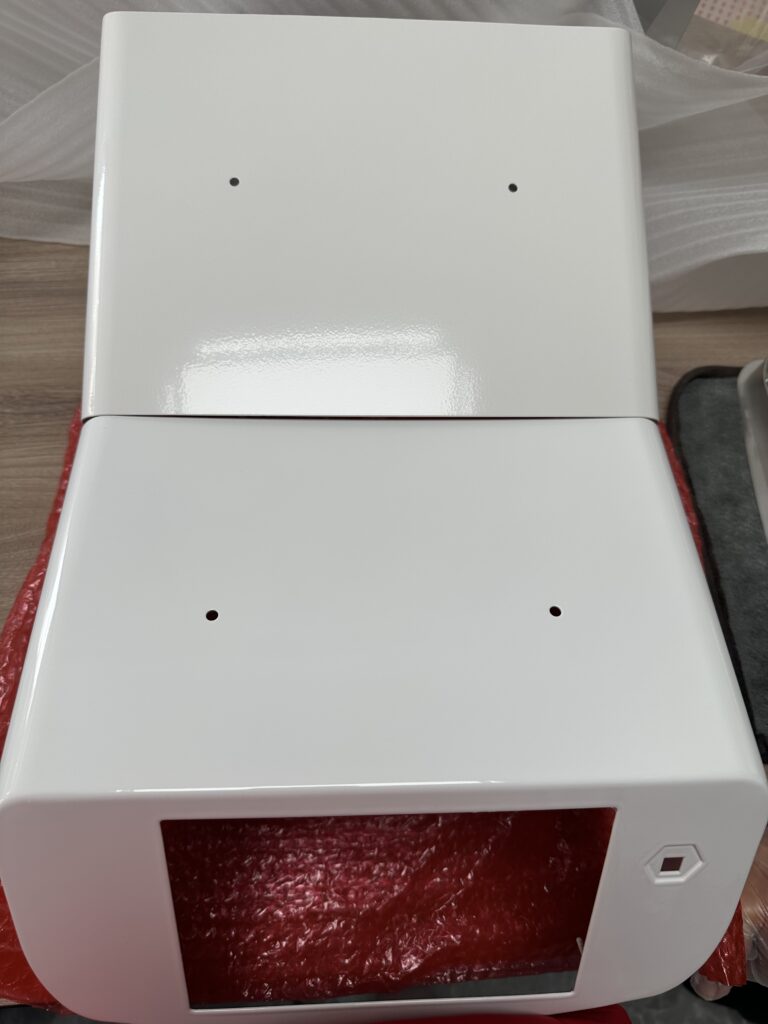Sheet metal offers several advantages across various industries, making it a popular choice for a wide range of applications. Here are some of the primary advantages:
Versatility: Sheet metal can be easily cut, bent, and shaped into almost any form, allowing for a wide range of applications and designs. This versatility makes it suitable for products ranging from automotive components to household appliances.
Durability: Sheet metal is strong and resistant to various forms of wear and tear, including corrosion, heat, and impact. This durability makes it ideal for products that need to withstand harsh environments.
Cost-Effectiveness: Due to its availability and ease of manufacturing, sheet metal is often a cost-effective choice for producing large quantities of components. The processes involved, such as stamping and punching, are well-established and can be highly automated, reducing labor costs.
Lightweight: Compared to materials like solid metal blocks, sheet metal is relatively lightweight while still maintaining strength and structural integrity. This is particularly beneficial in industries like automotive and aerospace, where reducing weight is crucial for efficiency and performance.
Precision: Modern techniques and tools, such as CNC (Computer Numerical Control) machines, allow for high precision in sheet metal fabrication. This ensures that components fit together perfectly and function as intended.
Conductivity: Metals used in sheet metal, such as aluminum and copper, have good electrical and thermal conductivity. This makes sheet metal a preferred choice for electrical enclosures and heat sinks.
Recyclability: Sheet metal is highly recyclable, which makes it an environmentally friendly choice. Recycling metal reduces the need for raw material extraction and the energy consumption associated with it.
Aesthetic Appeal: Sheet metal can be finished in various ways (painting, powder coating, anodizing) to enhance its appearance. This makes it suitable for visible parts and products where aesthetics are important.
Ease of Assembly: Sheet metal parts can be easily joined using techniques such as welding, riveting, and bolting. This simplifies the assembly process, which can be beneficial in mass production settings.
Customizability: Sheet metal fabrication allows for customization based on specific project requirements. Different thicknesses, grades, and coatings can be used to meet the precise needs of a particular application.
These advantages make sheet metal a preferred material in industries such as automotive, aerospace, construction, electronics, and consumer goods, among others.

ChatGPT 也可能会犯错。请核查重要信息。


